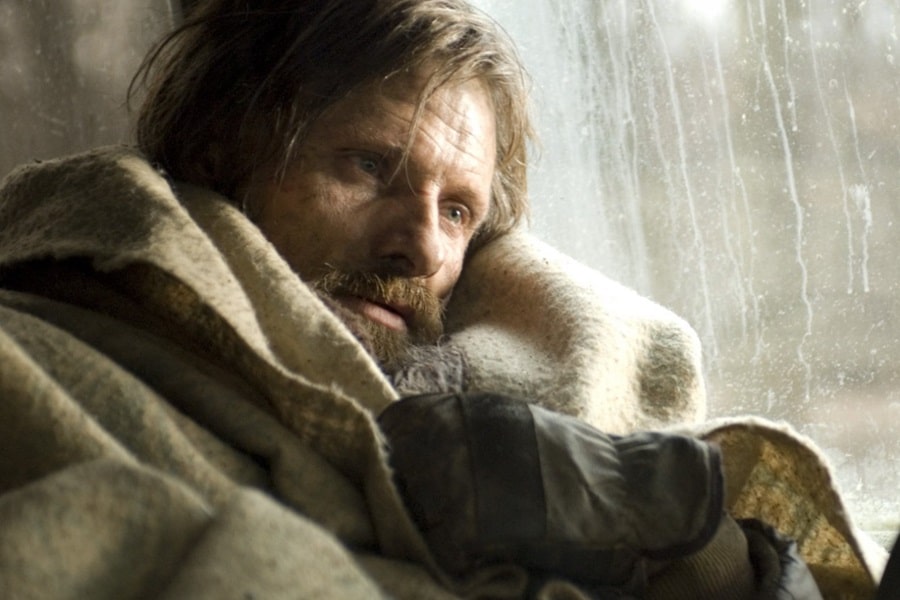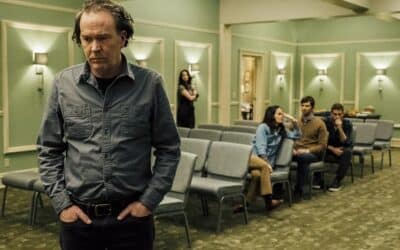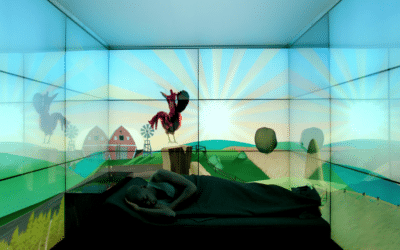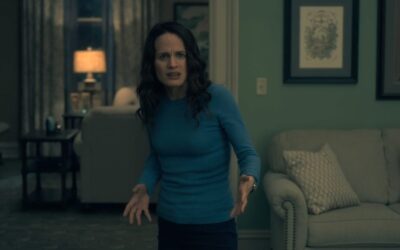
Horror Themes
Horror seeps into the crevices of the human soul, drawing forth fears both ancient and modern. It’s the genre that revels in the grotesque, the uncanny, and the deeply unsettling. The themes that drive horror are as varied as the nightmares they inspire. Here, we delve into the shadows, exploring the core themes that make horror fiction a relentless descent into terror.
Psychological horror is the darkness of the mind, the fear that festers within. It’s the unsettling feeling that something is fundamentally wrong. In “The Haunting of Hill House” by Shirley Jackson, the terror lies not in ghosts but in the psychological unraveling of Eleanor Vance. The house becomes a mirror for her fractured psyche, its malevolent influence warping her sense of reality. Mike Flanagan’s adaptation intensifies this descent into madness, blending the boundaries between the supernatural and psychological torment. The real horror is in the realization that the mind can be its own worst enemy.
Supernatural horror taps into the ancient fear of the unknown, the dread of forces beyond human understanding. Stephen King’s “The Shining” conjures a malevolent presence within the Overlook Hotel, a place where spirits and malevolent entities play with human lives like toys. Stanley Kubrick’s film adaptation immortalizes the eerie emptiness of the hotel, the spectral visions that haunt Jack Torrance’s descent into madness. The supernatural here is not just about ghosts; it’s about the malignant forces that thrive in isolation and despair.
Body horror takes the fear of the flesh, twisting it into something grotesque and monstrous. David Cronenberg’s “The Fly” is a visceral exploration of this theme, where scientific ambition leads to a horrific transformation. Seth Brundle’s metamorphosis from man to fly is a gruesome journey, his body betraying him in the most grotesque ways. The horror lies in the loss of humanity, the body becoming an alien, uncontrollable entity. Cronenberg’s film captures the visceral terror of this transformation, every mutation a step further into the abyss.
Cosmic horror reveals the insignificance of humanity in a vast, indifferent universe. H.P. Lovecraft’s “The Call of Cthulhu” introduces the concept of ancient, cosmic entities whose mere existence shatters human understanding. The horror is not in what these entities do, but in the realization of how inconsequential humanity is in the grand scheme of things. The fear is existential, a cold, creeping dread that there are forces in the universe beyond comprehension or control.
Survival horror strips humanity down to its most primal instincts, pitting individuals against relentless terror. In “The Road” by Cormac McCarthy, the struggle for survival in a post-apocalyptic world is a relentless ordeal. The journey of the father and son through a desolate landscape is fraught with dangers, both human and inhuman. The horror is in the bleakness, the constant fight for survival against insurmountable odds. John Hillcoat’s film adaptation brings this stark, brutal vision to life, capturing the relentless, oppressive atmosphere.
Horror themes are the dark heart of the genre, each one a different shade of terror. They reflect the deepest fears, the shadows lurking at the edge of consciousness. From the psychological torment of a haunted mind to the existential dread of cosmic insignificance, horror explores the limits of human fear. It’s a genre that thrives on the unknown, the unseen, and the unfathomable. Each theme is a doorway into darkness, inviting us to confront the terrors that lie within and beyond.
More Horror Features
Horror Through the Ages
A Journey Through Time and Terror
Technology in Horror
When gadgets become nightmares
Female Characters in Horror
From Victims to Heroes



